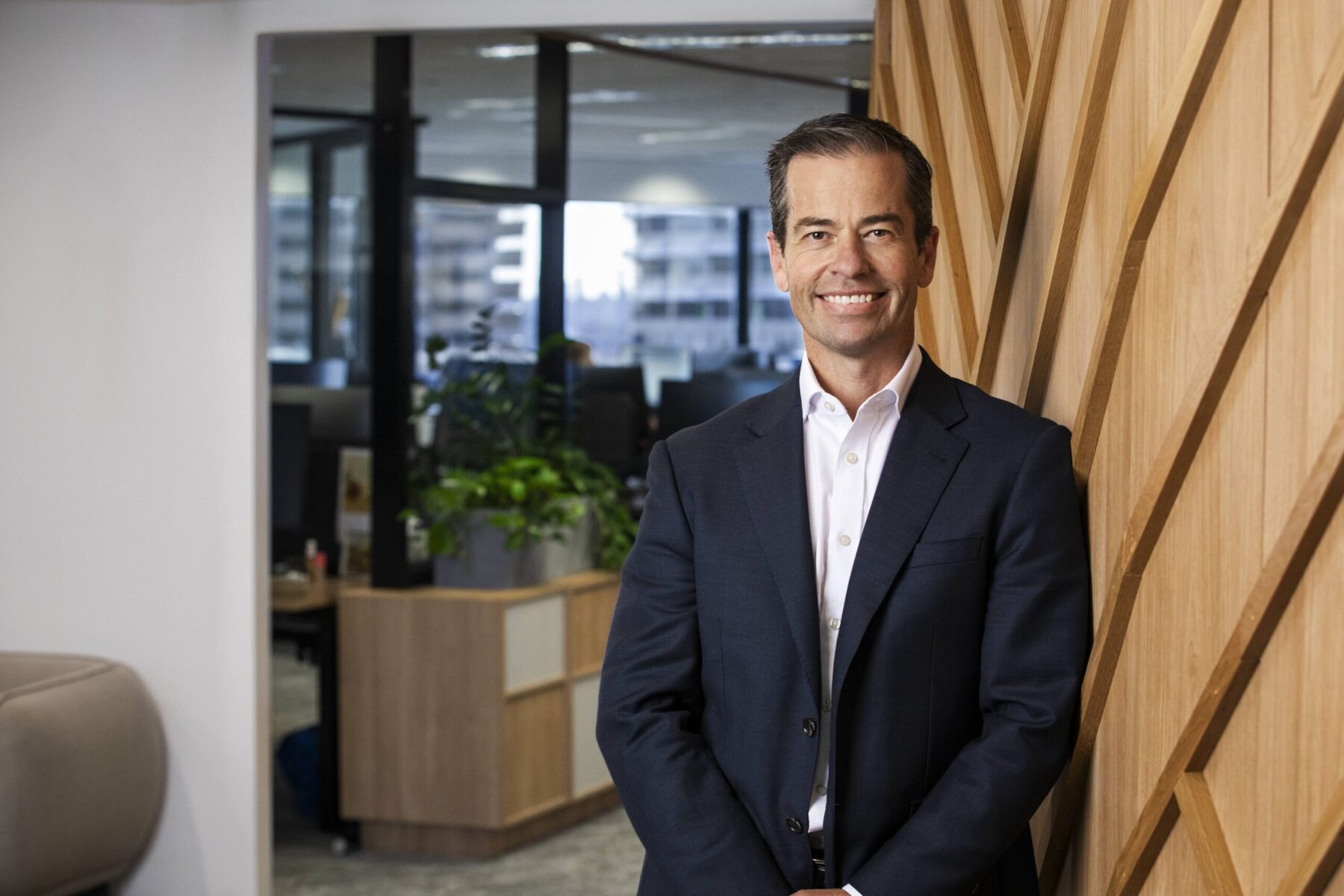
UK real assets are expected to offer investors better growth prospects relative to continental Europe, according to the latest edition of the Real Assets House View by Aviva Investors, the global asset management business of Aviva plc (‘Aviva’).
The research also identifies long income and fixed-rate debt as strategies most likely to provide best risk-adjusted returns, particularly for those investors seeking investments with strong cashflow-generating characteristics.
The Real Assets House View brings together views and analysis from across the real estate, infrastructure and private debt investment teams, providing a foundation from which Aviva Investors can make relative-value investment decisions regarding multi-asset allocations, with clients increasingly allocating to Real Assets as part of an outcome- based approach.
Aviva Investors expects UK Real Assets to offer better growth potential than continental Europe, highlighting the broad reopening of the UK economy, stronger GDP prospects and supportive monetary policy lending itself to greater room for capital value growth. The asset manager also expects more flexibility in monetary policy to provide the UK with greater agility to react to the changing macro environment.
Daniel McHugh, CIO, Real Assets at Aviva Investors, said “Pricing in European markets is at all-time highs. As a result, we expect UK real estate to outperform on a five-year risk-adjusted basis, where better pricing means there is more room for yield compression as income streams strengthen. With UK monetary policy having been able to adapt quicker to the changing macro climate, we think the UK market to be more favourable to investors. That said, our central assumption for inflation is that there will be significant increases over the short term, making the cost of using traditional liquid markets to hedge inflation punitively high. The result has seen Real Assets increasingly appreciated as a more viable solution for inflation-hedging purposes.”

With a challenging macro environment set to continue as the backdrop for markets, Aviva Investors expects cashflow- generating strategies such as long income and fixed-rate private debt to prove attractive with investors looking for best risk-adjusted returns. As an asset class, fixed-rate debt has offered a 30-50 basis point premium over liquid bonds of similar creditworthiness, which Aviva Investors believes makes it a much more attractive option for institutional investors looking to match long-term liabilities.
Daniel McHugh added “Long income and private debt are two examples of Real Assets strategies which have the ability to deliver robust income streams, underpinned by consistent returns and lower volatility relative to other asset classes, despite the exceptional challenges presented by the pandemic over the last two years. They have done so whilst continuing to offer an illiquidity premium relative to other asset classes. This is a further demonstration of the all-round qualities real assets can provide to a portfolio, including as part of credible return-seeking strategies.”
Aviva Investors also pointed out the impact that an intensifying race to net zero is having on Real Assets, with renewables and forestry as sectors experiencing strong investor demand as a result.
Daniel McHugh said “Renewables form a central pillar of the UK government’s net zero policy, and we think there is large amount of value yet to be discovered in the sector particularly as funding mechanisms and policy support for nascent technologies becomes clearer. The focus on net zero targets highlighted as part of our Real Assets Study in November reflects investor reaction to this, pushing up demand for suitable opportunities. This might cause future values to be squeezed, however many investors are likely to consider wider environmental factors, not only total returns, as they look to ensure progress towards longer-term sustainability targets. Whilst forestry is likely to prove popular as one of very few investment options that provides a carbon sink, it is vitally important that investors take the surrounding habitats and communities into account as part of those activities. Our expectation is that an increased intensity of focus on net zero will cause greater polarisation between winners and losers in the future of Real Assets.”



